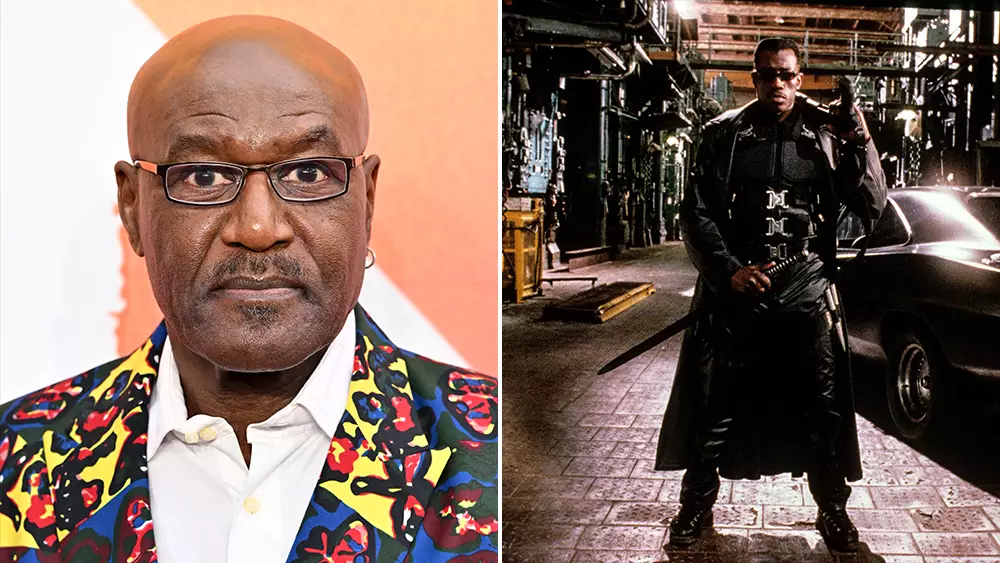The anticipation surrounding the Blade reboot starring Mahershala Ali has been palpable, lighting a flame of excitement amongst fans and actors alike. Yet, recent comments from Delroy Lindo reveal an unsettling, chaotic situation. He described Marvel’s current trajectory with this project as “going off the rails,” a saying that starkly encapsulates the turmoil that has overshadowed what should be an exhilarating revival of an iconic antihero. For a character like Blade—who stands as a beacon of diversity and complexity in comic lore—this disorganization raises alarming questions about Marvel’s handling of creative projects.
Lindo’s remarks during his Entertainment Weekly interview shed light on the initial enthusiasm surrounding his role. Marvel appeared to be receptive and eager to curate an inclusive narrative, immersing itself in a broader conversation about character development. The excitement stemming from these early discussions speaks volumes about what this film could represent: a meeting point of cultural significance and cinematic storytelling. However, the disarray that followed has led to a starkly different narrative, leaving fans distraught over a project that seemed to promise so much.
The Importance of Representation
The Marvel cinematic universe has thrived on the promise of representation, yet the Blade reboot exemplifies a fracture in that mission. Lindo’s character was conceptualized to embody a “Marcus Garvey-esque” persona, symbolizing strong leadership within a Black community—an ethos deeply resonant with the themes of empowerment and activism. Yet, transforming that vision into reality has proven arduous, showcasing Marvel’s struggle to balance commercial ambitions with genuine cultural narratives.
The fragility of this reboot raises critical conversations about what happens when a company known for its groundbreaking characters falters in delivering authenticity and depth. The clamor for diversity should not merely function as a marketing strategy; rather, it must be a heartfelt commitment, palpable in every facet of storytelling. It’s disconcerting to witness a project that holds the promise of amplifying Black voices and experiences being mired in creative disputes and leadership exits.
A Cautionary Tale in Filmmaking
The turbulent trajectory of the Blade reboot serves as a cautionary tale for filmmakers. Though Marvel has enjoyed a stellar reputation, the intricate art of storytelling demands cohesion, consistency, and respect for creative vision. Recent upheavals—including exits by notable directors—signal a lack of unified direction and foresight, perhaps fueled by the prevailing pressures of an industry in flux. The pandemic and subsequent strikes have exacerbated existing challenges, but even in such turbulent times, clarity and structure are paramount.
As the franchise takes a step back, one can only hope that Marvel pauses to reflect on its commitment to meaningful storytelling. The allure of commercial success must not eclipse the ethical responsibility of representing diverse perspectives authentically. Blade deserves more than a mere reboot—it requires a thoughtful, passionate revival that honors its roots and paves the way for future narratives in the Marvel universe.
In a world starving for diverse heroes, it is painful to watch this once-promising project faltering, when it could have been an inspiring emblem of resilience and identity. With all eyes on Marvel, it remains to be seen whether they can salvage this venture—a possibility that feels increasingly precarious with each passing delay.


Leave a Reply